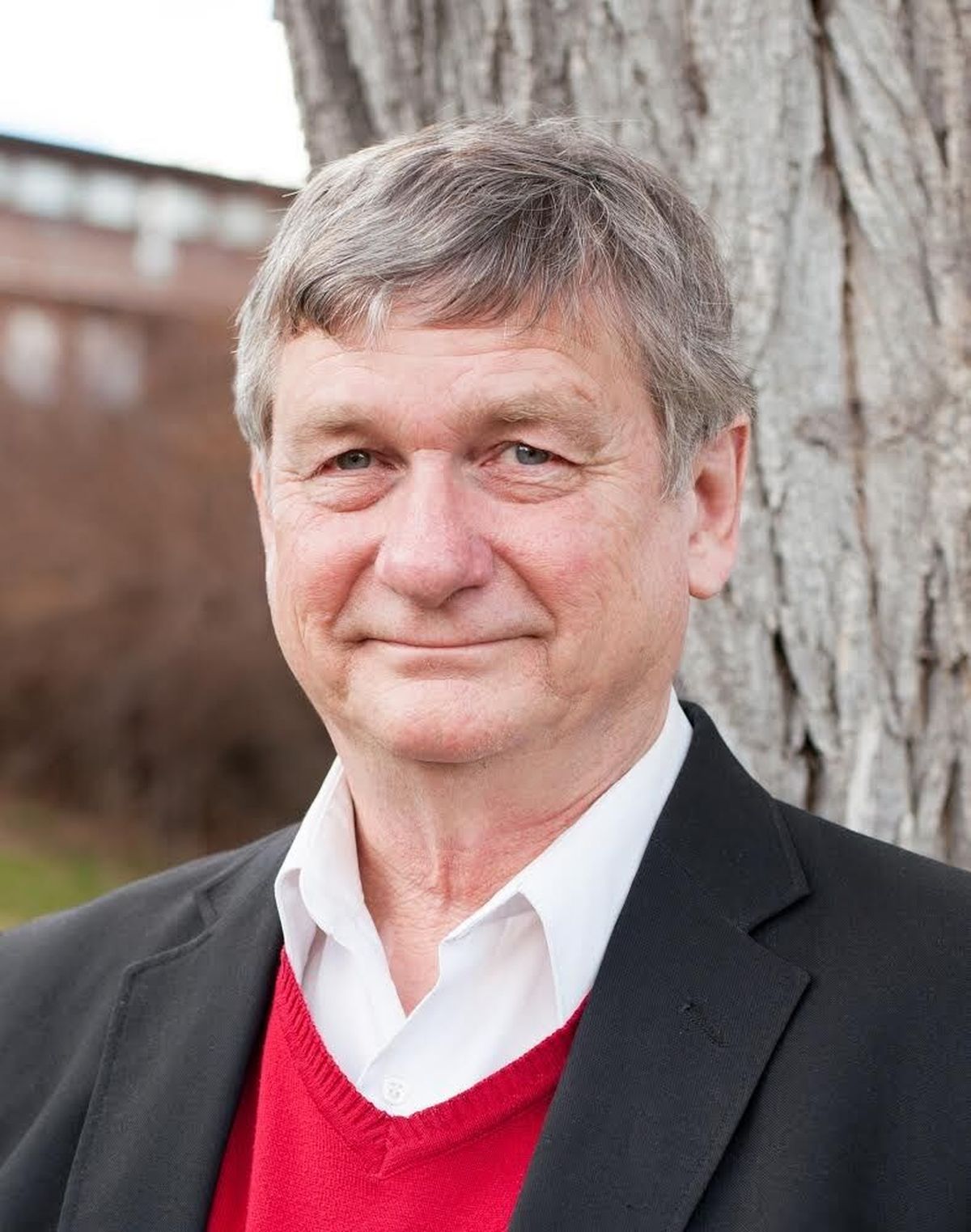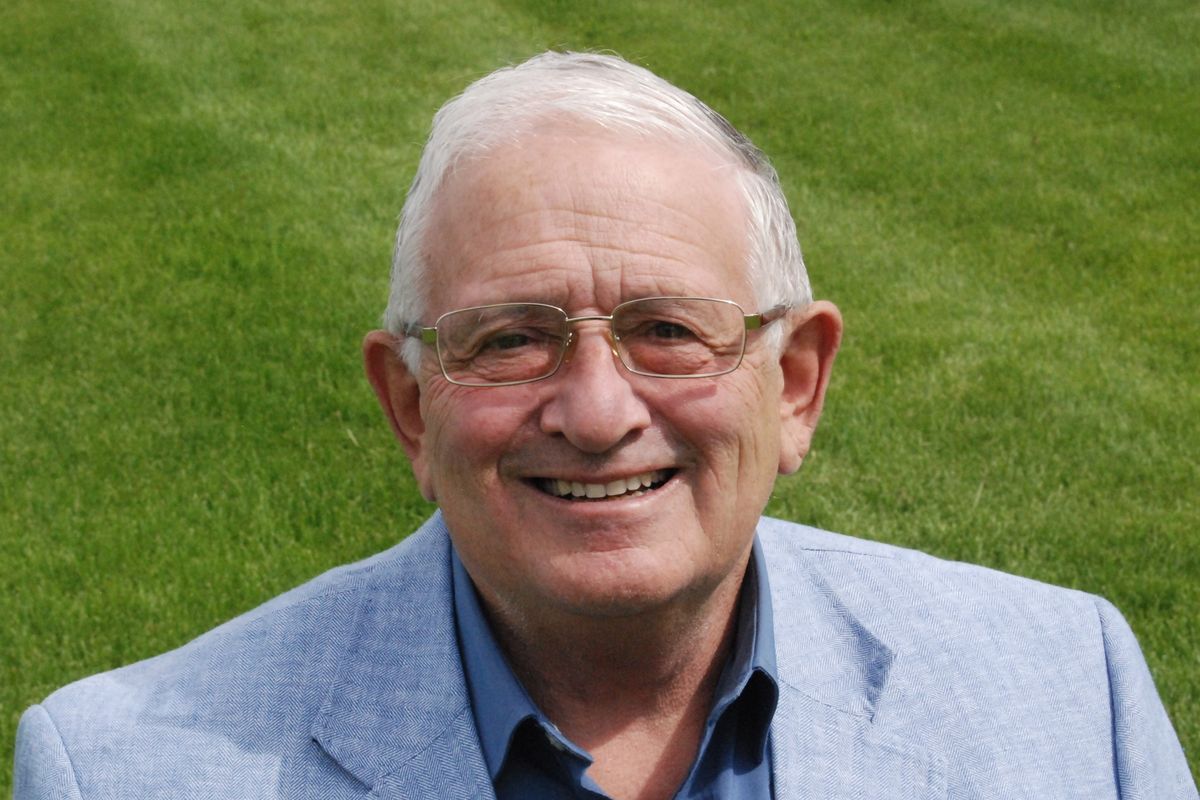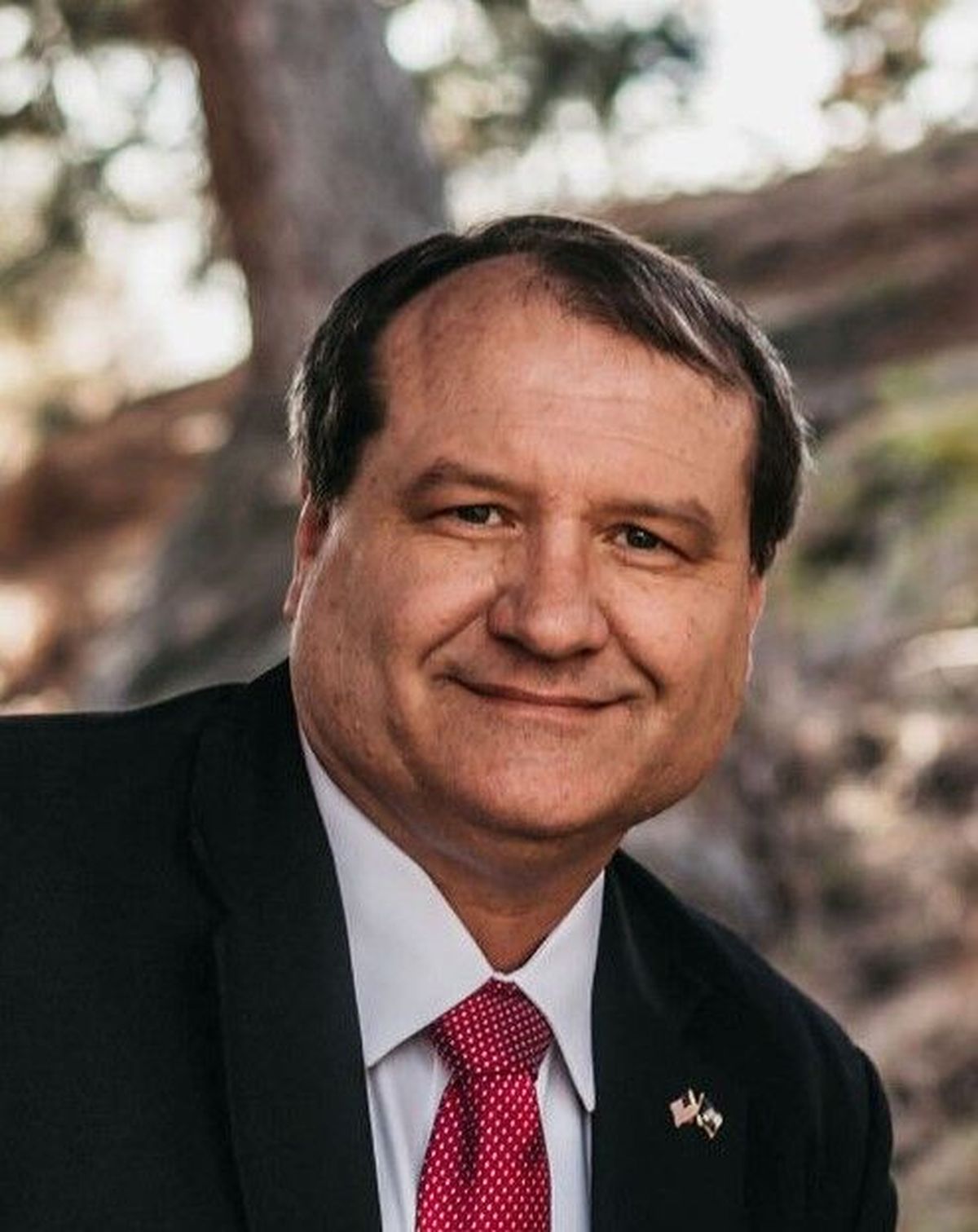4 run for open Spokane Valley seat in state House
Lance Gurel
The four candidates running to fill an open seat representing Spokane Valley in the state House of Representatives don’t agree on much, though they all acknowledge the state’s ailing budget will require aid.
Three Republicans – former Spokane County Treasurer Rob Chase, former state Rep. Leonard Christian and nurse Nathan Sybrandy – and one Democrat, accountant Lance Gurel, are vying to fill the Position 2 seat in the 4th Legislative District previously held by Bob McCaslin Jr.
McCaslin, a Republican, switched to run for the district’s Position 1 seat at the last minute, after his seatmate, state Rep. Matt Shea, unexpectedly did not file to run for re-election and became the pastor of a local church.
Christian is one of the founding members of Republicans of Spokane County, which is made up of moderate Republicans who left the more conservative Spokane County Republican Party. He said he believes Chase is similar to Shea, who he said focused on issues not relevant to the district and was “going off the rails.”
Shea was expelled from the House Republican caucus after an independent investigation found the Spokane Valley lawmaker’s role in the armed takeover of an Oregon wildlife refuge in 2016 amounted to “an act of domestic terrorism against the United States.”
Chase said he likely wouldn’t have visited the wildlife refuge if he was in the same position, but called the domestic terrorism allegations against Shea “bogus” and said he still supports the legislator.
Chase is endorsed by both Shea and McCaslin and said he likely would continue advocating for their ideas, starting with reintroducing one of the two legislators’ controversial proposals to make Eastern Washington its own state.
Gurel, Christian and Sybrandy all said they would focus on making major budget decisions as the state tries to deal with coronvirus-related shortfalls. Sybrandy and Christian said the state will likely soon have to make major cuts to spending to make it through next year’s projected $4 billion budget hole.
Christian said he noticed a culture, when he was appointed to the 4th District Representative Position 2, of purchasing new things and not using warranties, instead of working with resources already available. He argued that during normal times or a crisis, the Legislature should work to make sure state employees preserve the assets they already have, instead of approving more funding to buy or replace infrastructure that still has usable life.
In addition to reviewing capital projects, he said the legislators will need to look at every program, agency and department and be prepared to “justify their existence” during a budget crisis.
“Everything is on the table,” he said. “At this point every department should be able to have a serious self-review and see what what programs are actually working.”
Christian also said legislators need to meet and address the budget as soon as possible. He said he has issues with Gov. Jay Inslee unilaterally trying to solve the problem, and legislators will need to work out a solution over several legislative sessions.
Gurel, a Democrat, said it was important during the budgeting process to focus on protecting the social service programs that are needed the most during COVID-19 because people rely on social services to get through both a health crisis and the resulting financial crisis.
“It’s important that we have people at the table in Olympia that are compassionate, and centered on values that will protect our families and protect the funding that goes to the services and safety net that we need, particularly during this pandemic,” he said.
He also called for new revenue, saying the state should look at a capital gains tax on the state’s highest earners. Republicans at the state level have consistently come out against a capital gains tax, claiming it’s another income tax.
Gurel argued his opponents’ focus on deregulation and cuts would make government too small to be effective, and said it could harm families.
“My values tell me we should be working for families and workers,” he said. “What’s good for families and good for workers is what’s good for our communities, and therefore is good for our businesses.”
Chase called the state’s response to the coronavirus an “overaction,” believes masks should be optional and said the only way he sees for the economy to ramp back up and tax revenue to return is allow businesses to reopen.
“Things should not have been shut down as they were, and people should have been allowed to operate how they wanted too,” he said.
When asked if opening the economy is worth the risk to vulnerable and older people who could get sick, he said closing the economy was already harmful to vulnerable people, and argued the virus, which has killed 137,000 Americans, was not worse than other sicknesses.
“Older people always die when a virus comes through,” he said.
He also argued Washington should start a state-run bank, similar to one North Dakota operates, which he said would also help the economy.
Sybrandy, a Republican, argued that recently approved taxes will provide enough revenue, and that the state does not need to look for more. He said legislators should be focused on the state’s growth in spending and helping businesses recover. He said the state should consider a break on Businesses & Occupation taxes and deferral of other tax payments.
He acknowledged some cuts will likely have to be made to get the state through a crisis, and said the only equitable way to reduce spending is to include every department and agency.
Sybrandy said he would like to see “a broad-based approach where we go in with eyes wide open and everyone’s prepared and understands the temporary sacrifices they’re going to have to make, so we don’t increase the tax and regulatory burden on our citizens.”
He said fighting the coronavirus means health care leaders need to do a better job communicating with Republicans and reaching out to conservatives.
“There needs to be a par adigm shift in how public health is a messaged to conservatives,” he said.
“The focus needs to be on education and not coercion. And for education to work, you need public trust in our institutions. Public health officials need to be able to show that they’re responsive to the concerns of conservatives.”



